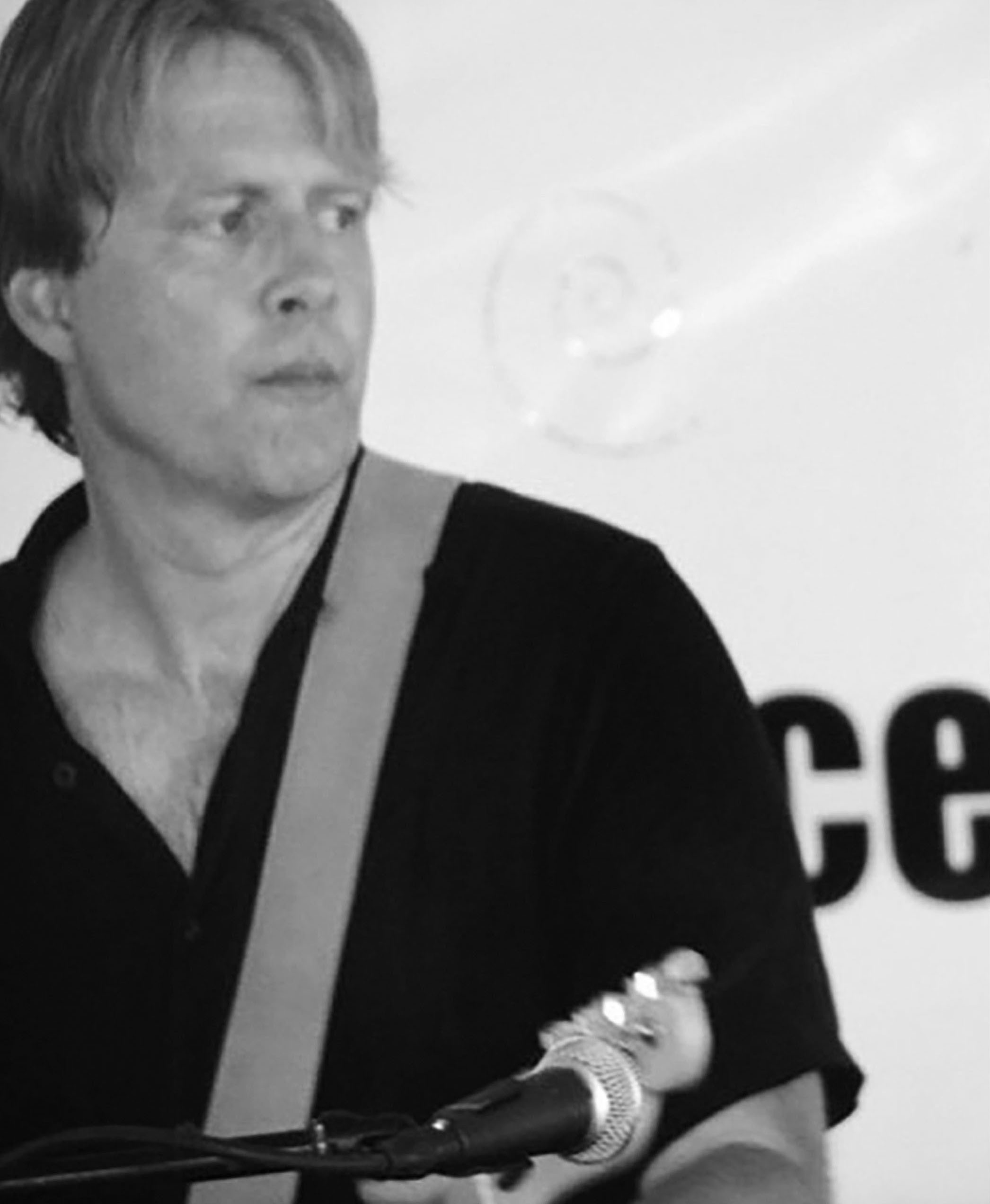Across The Landscape

Published 2020-12-19 06:00
Steve Yanek’s story reads like a Hemingway novel full of adventure. Leaving behind a promising career as a singer songwriter in Los Angeles for the quiet life of rural Pennsylvania, he has worked as a carpenter, gandy dancer, transportation engineer, and owner of a construction company. In between jobs in the mid 90's, he started Primitive Records, a small indie label that helped launch the career of ivet and The Jellybricks (Wicked Cool Records). He also dabbled in artist management but has always remained a songwriter. These accomplishments have allowed him to stay close to the music industry and given him the chance to grow and develop as an artist. Now Steve is ready to take the next step in his singer songwriter career by releasing his own full-length CD titled, "Across The Landscape".
With the help of veteran rock guitarist Jeff Pevar (a member of David Crosby’s band, CPR, and the CSN touring band), East Coast musicians helped produce his debut disc. Notables include Dixie Dregs and Jazz Is Dead alumni, Rod Morganstein on drums, and the late T Lavitz on keyboards, as well as singer Leah Kunkel. This combination of solid, inspired songwriting along with great musicians has resulted in an album of excellent sound quality.
Born in the northeastern blue collar city of Youngstown, Ohio, where his father, grandfather, and great grandfather all worked the steel mills of Mahoning Valley for well over 70 years, Steve was raised with a streetwise sensibility and work ethic that he channeled into his music from the time he picked up a guitar at the age of 13. By the time he was 17 he began performing and quickly gained notoriety as a solo performer in the Great Lakes region. Chasing the Laurel Canyon sounds of CSNY, Eagles, Little Feat and Jackson Browne, Steve moved to Los Angeles and soon became a familiar face around the LA folk scene of the early 80's. Performing at places like McCabe’s Guitar Shop, The Palomino Club, and The Banjo Café. While playing at a club near the UCLA campus, he caught the attention of British manager, Derek Bowman, who handled the career of David Essex. Shortly after signing with Bowman, he had both publishing and recording deals in place and was off to Nashville to record an album.
Unfortunately, the record deal fell apart and he headed back to LA only to find that the musical landscape was rapidly changing as MTV gained popularity. After a 2nd record deal fell through and becoming frustrated with 'style over substance' trend dominating popular music at that time, Steve made the decision to leave California. He says, “I looked at it as survival for both me and my music, as well as my mental and physical health. My tendency was to live life in the excess lane back then, and I needed a break. I needed to get healthy, and I knew that I could do other things to support my music. The art of making music, for me, was in direct conflict with the business of music at that time in my life”.
Ironically, making the decision to leave his music career behind enabled Steve’s music to flourish and grow over the years. While continuing to write songs, he also concentrated on upgrading his recording studio. Inspired by Neil Young’s ongoing archival project, coupled with the advances made in technology and digital streaming, he feels the time is right to do an archival project of his own.
Blending his prolific backlog with the constant flow of new music he’s currently recording, he plans on releasing several new projects in the future. And for fans of the 70's California sounds, this could be a very good thing.
When you listen to his songs you will see glimpses of a life that everyone can relate to in one way or another. Steve’s lyrics are thought provoking and poignant, woven together with love, despair, hope, and self preservation as reflections on the human condition. Hopefully, this album will take you for a ride across that landscape.